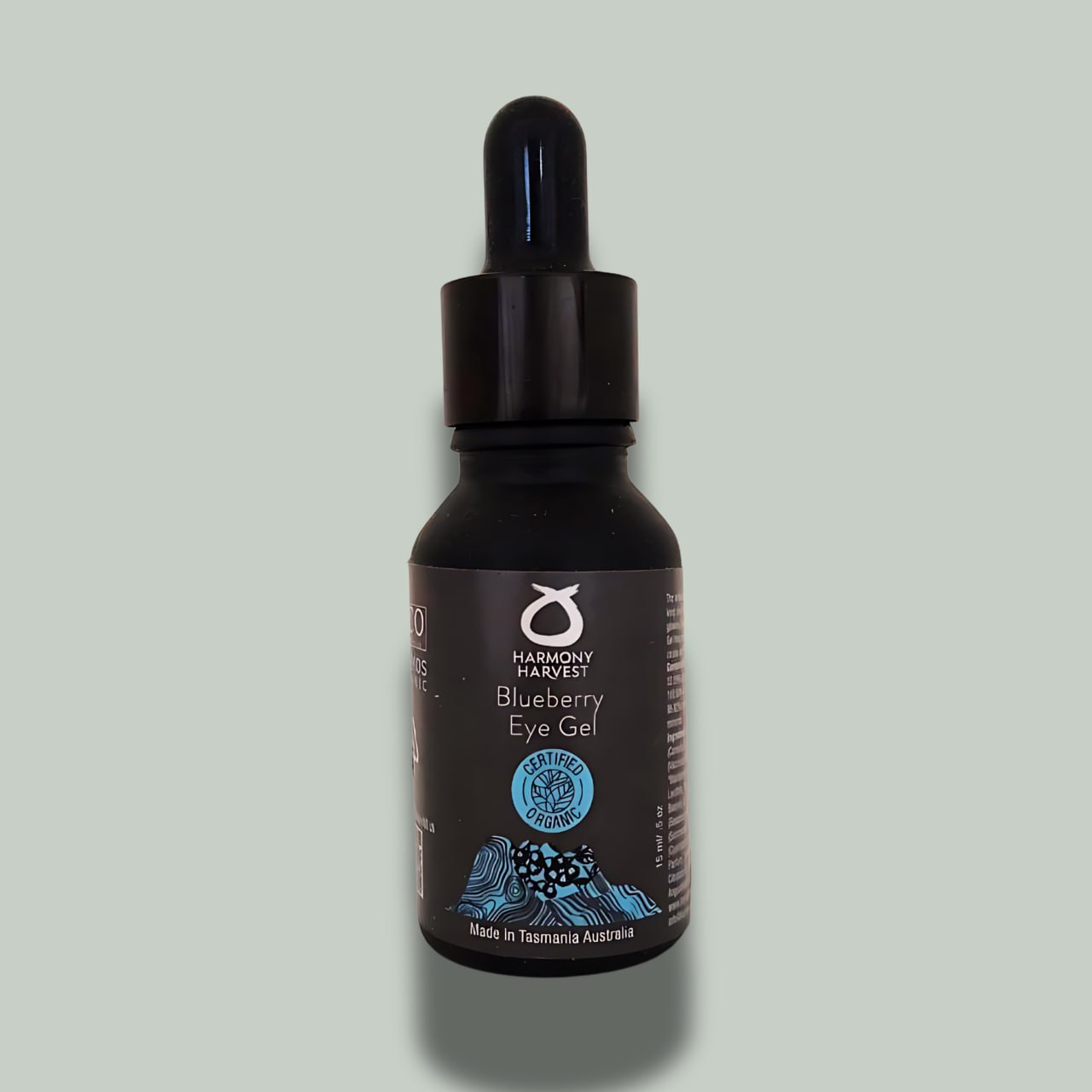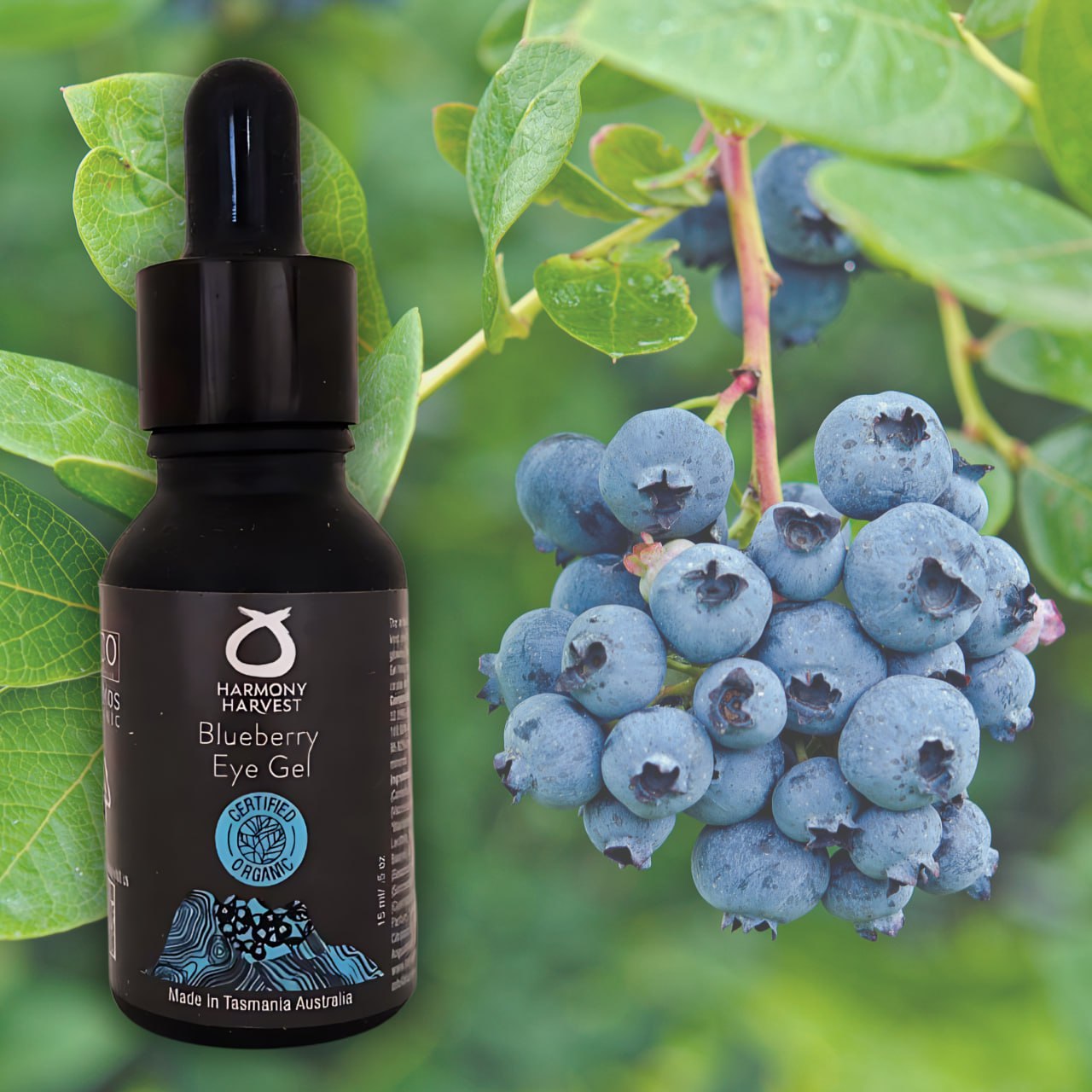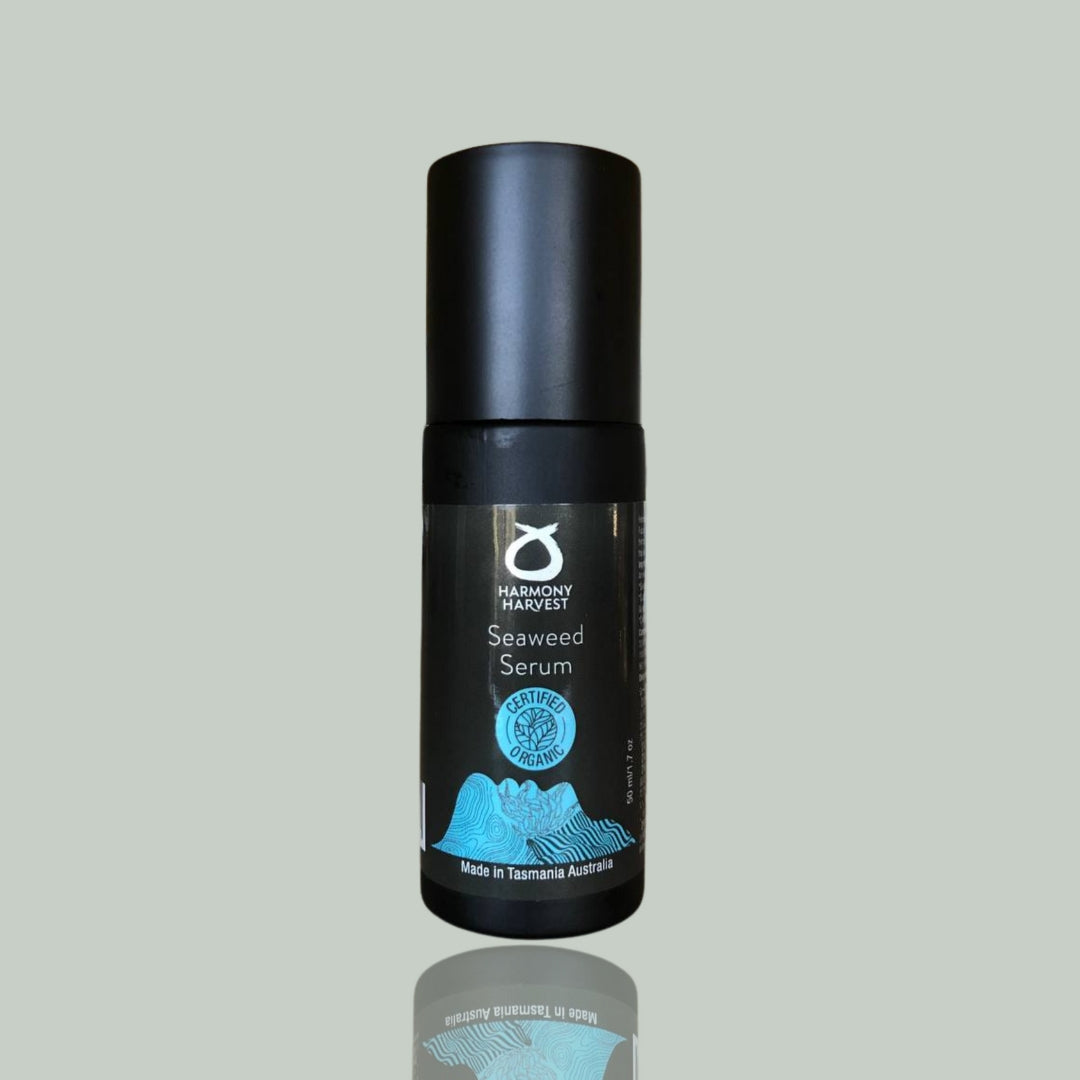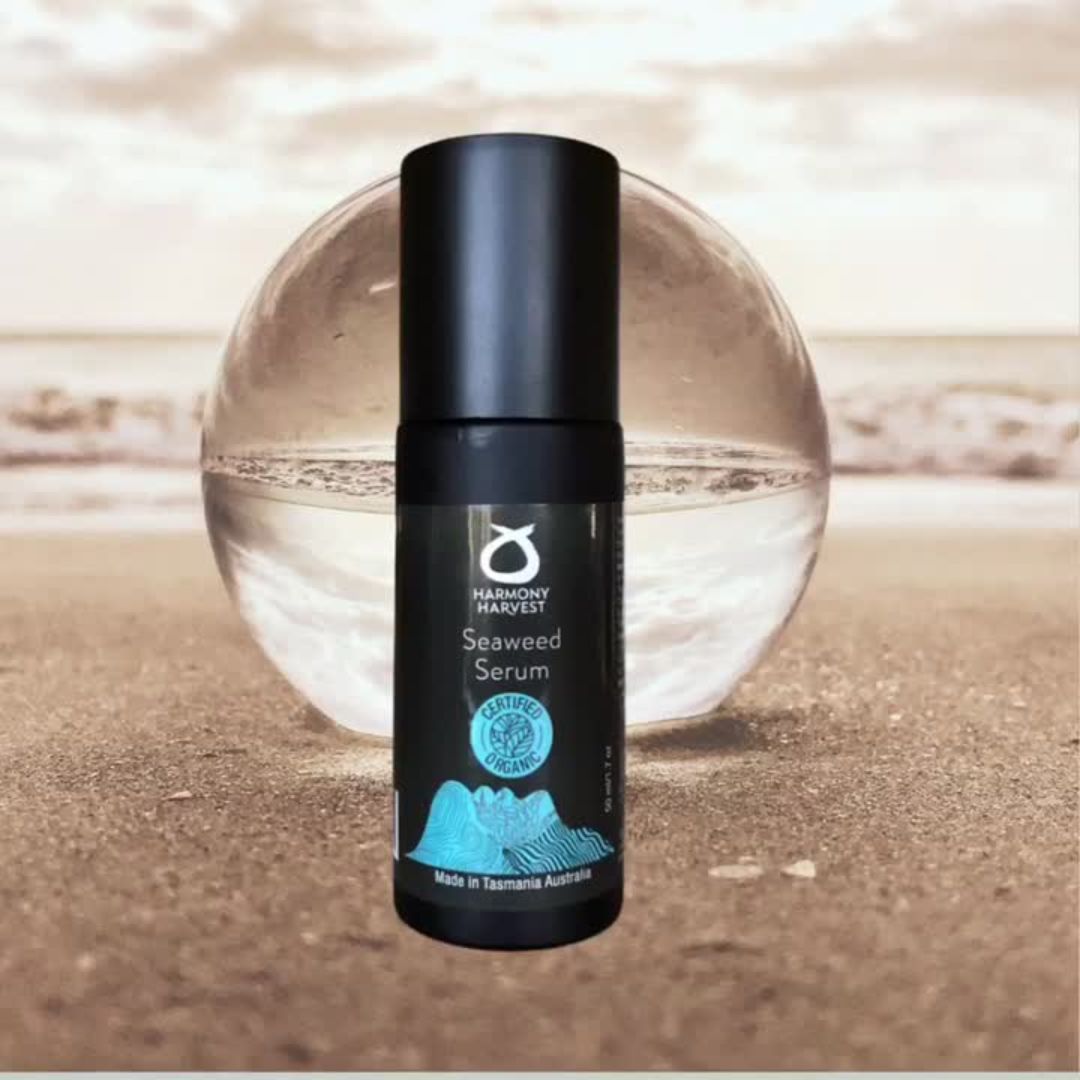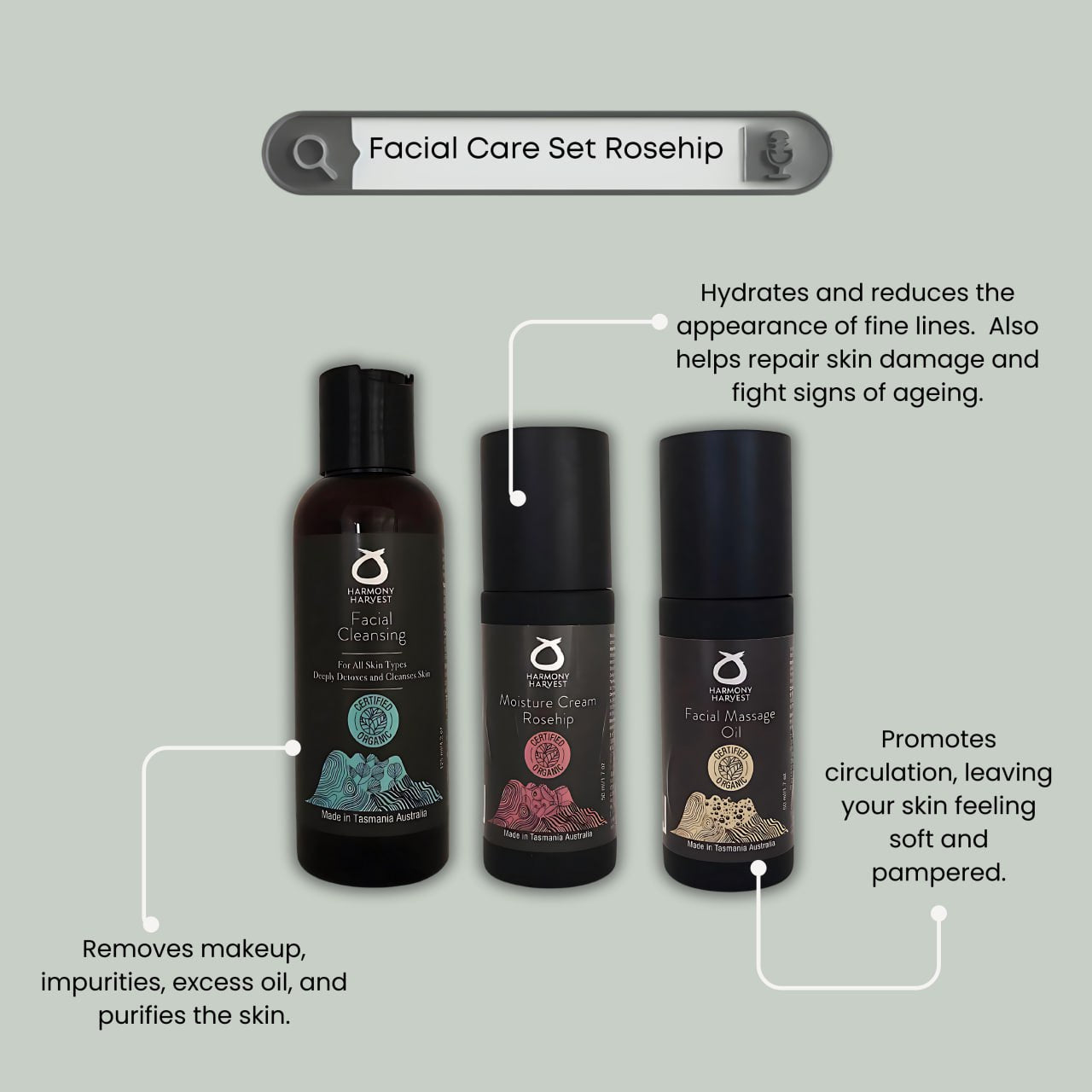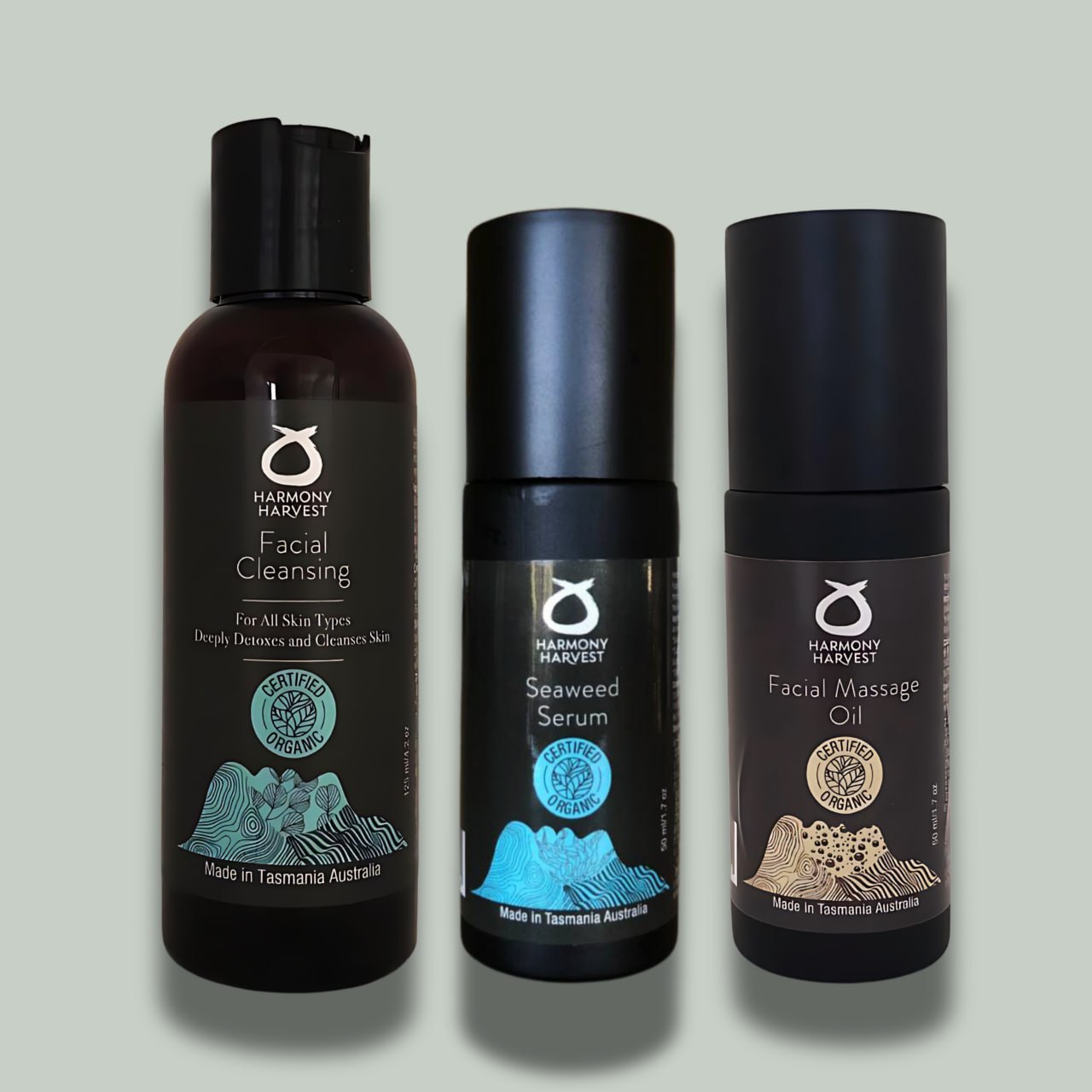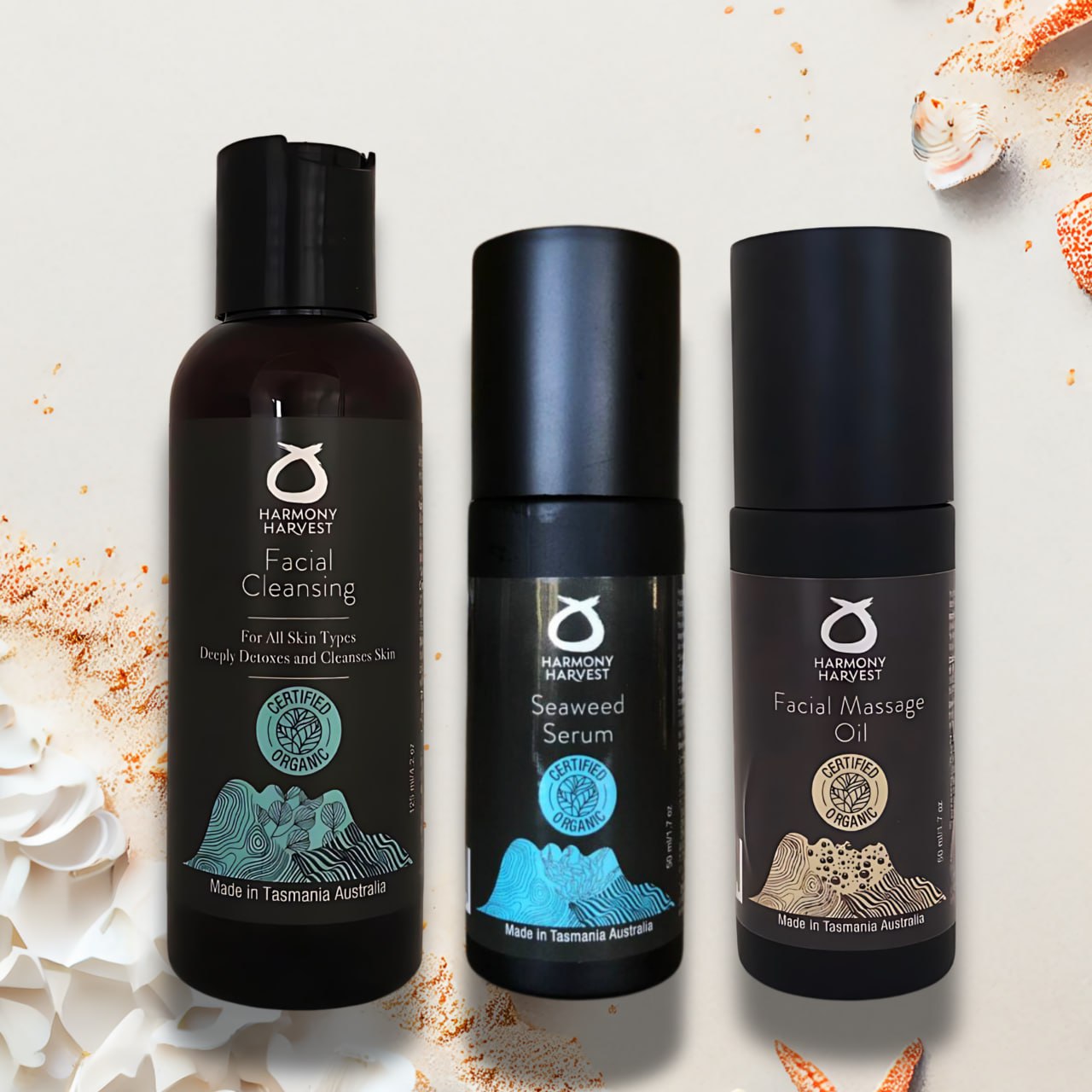
The Shocking Truth About Plastics in Skincare Products and Their Side Effects
Are Plastics Hiding in Your Skincare?
When shopping for skincare products, it’s easy to focus on promises like “anti-aging,” “hydrating,” or “brightening.” Yet, lurking behind these enticing claims are ingredients that may be doing more harm than good. Many of these are plastic-based or synthetic compounds that manufacturers use to improve texture, shelf life, or product performance. Research has revealed alarming facts about how these “sympathetic ingredients” affect not only your skin but also your overall health and the environment.
While they might make your favorite moisturizer or foundation feel silky smooth or long-lasting, the cost of using these products over time is staggering. Let’s delve into the science behind these ingredients, their side effects, and how you can make safer choices for your skincare routine.
What Are “Sympathetic Ingredients”?
“Sympathetic ingredients” refer to additives in skincare products that enhance their appeal to consumers. These include compounds that create a creamy texture, make application smoother, or prolong product durability. While these ingredients make cosmetics seem more luxurious or effective, many are synthetic and derived from plastic or petroleum.
A 2018 study published in Environmental Science & Technology revealed that plastic microbeads, widely used in cosmetics, persist in the environment for decades, contributing to pollution and indirectly harming human health. Additionally, petroleum-based compounds like PEGs (polyethene glycols) often contain contaminants like 1,4-dioxane, a known carcinogen.
Common Plastic-Based Ingredients in Skincare:
Microplastics: Tiny plastic particles that provide exfoliation or smooth textures.
PEGs (Polyethylene Glycols): Used as thickeners, solvents, and moisturisers.
Silicones: Identified by names ending in “-cone” or “-siloxane,” these give a silky finish but are non-biodegradable.
Acrylates: Plastic polymers used in long-wear makeup and nail polish.
Side Effects of Plastic Ingredients in Skincare
1. Skin Irritation and Allergies

Research conducted by dermatologists shows that plastic-based ingredients, such as acrylates and silicones, can block pores and disrupt the natural skin barrier. This can lead to conditions like acne, redness, and contact dermatitis. A 2020 study in The Journal of Clinical and Aesthetic Dermatology highlighted how synthetic polymers create a film on the skin, trapping dirt and bacteria, which exacerbates skin irritation.
2. Hormonal Disruption
Plastics in skincare don’t stop at the surface. PEGs, for instance, are known to contain impurities like ethylene oxide, which has been classified as a probable human carcinogen. According to a report by the Environmental Working Group (EWG), such chemicals can disrupt the endocrine system, interfering with hormone production and regulation, which may lead to fertility issues and long-term health complications.
3. Premature Aging

Although silicones give the illusion of smooth, flawless skin, they create an occlusive barrier that suffocates the skin, preventing it from breathing and renewing itself. Over time, this accelerates signs of aging, such as fine lines and dullness. A 2019 study in Dermatology Research and Practice pointed out that continuous exposure to silicones diminishes skin elasticity and natural hydration.
4. Environmental Harm = Indirect Skin Damage
Microplastics, found in many exfoliators and cleansers, end up in oceans and rivers, where they harm aquatic life and contaminate water supplies. Over time, these pollutants find their way into the food chain, affecting human health. Studies indicate that microplastic ingestion may exacerbate oxidative stress in the body, indirectly harming skin health and overall well-being.
5. Long-Term Health Risks
Plastic-derived acrylates are commonly used in long-lasting makeup products, but emerging research raises concerns about their carcinogenic potential. A 2021 review published in Frontiers in Medicine warned against the overuse of such synthetic compounds, suggesting a possible link between exposure to these chemicals and increased risks of chronic diseases, including cancer.
Although silicones give the illusion of smooth, flawless skin, they create an occlusive barrier that suffocates the skin, preventing it from breathing and renewing itself. Over time, this accelerates signs of aging, such as fine lines and dullness. A 2019 study in Dermatology Research and Practice pointed out that continuous exposure to silicones diminishes skin elasticity and natural hydration.
How to Spot Plastic Ingredients in Skincare

Avoiding plastic-based compounds in cosmetics requires careful label reading. Research by consumer advocacy groups reveals that many of these harmful ingredients are disguised under technical names. Watch out for:
-
Polyethylene (PE)
-
Polypropylene (PP)
-
Polymethyl methacrylate (PMMA)
-
Acrylates copolymer
-
Dimethicone and Cyclomethicone
-
PEG compounds (e.g., PEG-100 Stearate, PEG-40 Hydrogenated Castor Oil)
If these ingredients are present, the product likely contains synthetic compounds derived from plastic.
Why Should You Avoid Plastic-Based Skincare?
The evidence against plastic-based ingredients is mounting. A growing body of research suggests that these compounds are not only harmful to your skin but also contribute to long-term health risks and environmental damage. The question is: Why use products that could harm you when there are safer, organic alternatives?
Choose Certified Organic and Natural Products
One way to ensure safety is by choosing skincare products certified by trusted organizations like COSMOS Organic. This certification guarantees that products are free from synthetic and plastic-derived compounds, focusing instead on natural, biodegradable ingredients that nourish your skin.
Brands like Harmony Harvest, which produces vegan and organic skincare products, are leading the way in providing safe, effective, and environmentally friendly solutions. By prioritizing such brands, you’re not only protecting your skin but also contributing to a healthier planet.
Conclusion: Rescue Your Skin Today
The truth about plastic-based ingredients in skincare is both alarming and eye-opening. From skin irritation and hormonal disruption to premature aging and long-term health risks, these “sympathetic ingredients” do far more harm than good. Research underscores the importance of being vigilant about what we put on our skin and taking steps to avoid products with harmful synthetic additives.
Instead, opt for natural, organic alternatives that prioritize your health and the environment. By switching to certified organic skincare products like those from Harmony Harvest, you can take a stand against plastic in cosmetics while giving your skin the nourishment it deserves.
The time to act is now—rescue your skin and embrace a healthier future!
Best Sellers


